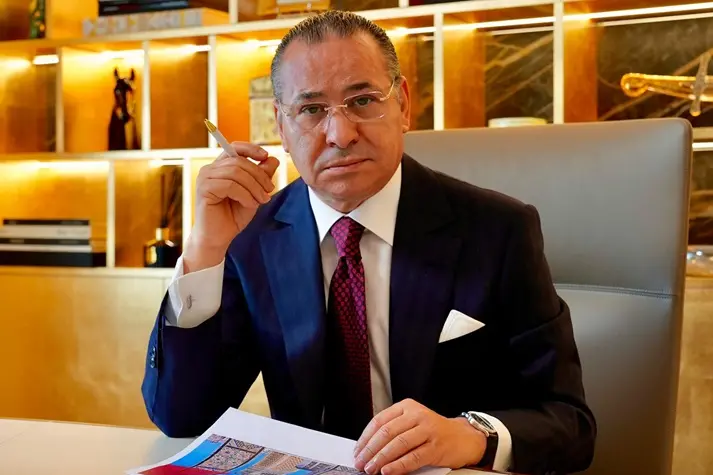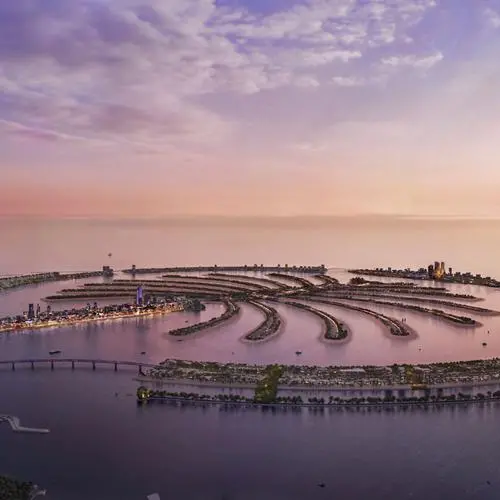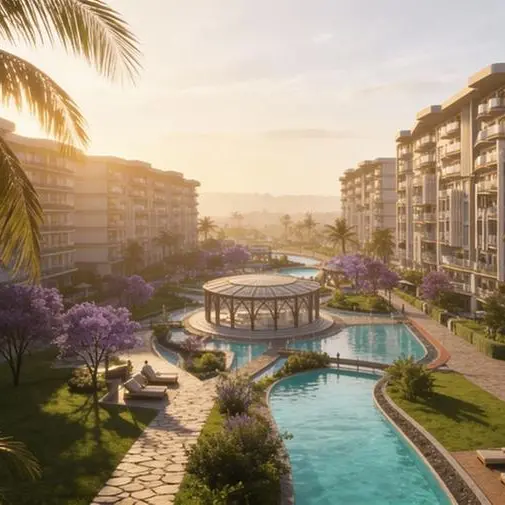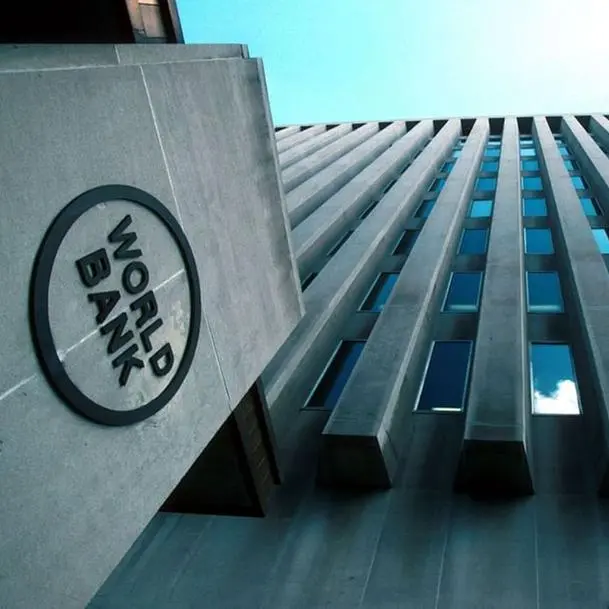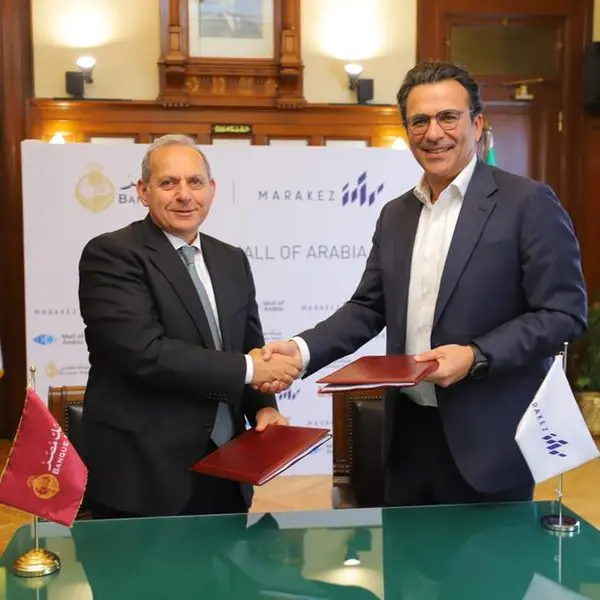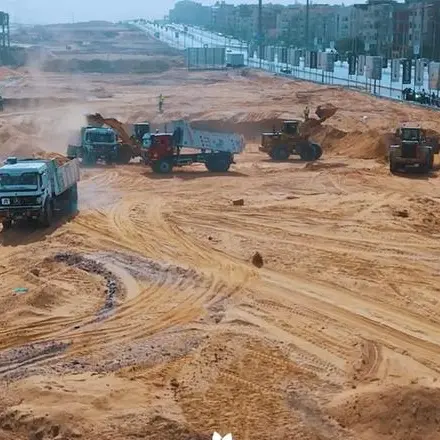PHOTO
Gruppo San Donato (GSD) and GKSD Engineering and Construction, both part of Italy-headquartered GKSD Investment Holding, recently completed the re-development of Al-Najaf Al-Ashraf Teaching Hospital in Najaf governorate, Iraq.
Last year GSD was awarded a two-year operation and management contract worth $80 million for the hospital, owned by Iraq’s Ministry of Health, after a long and complex negotiation process.
Kamel Ghribi, President of GKSD Investment Holding Group told Zawya Projects that the partnership between the Iraqi government, GSD, and GKSD grew from a common desire to transform an underutilised and rapidly deteriorating hospital into a modern and efficient healthcare facility. For example, prior to the intervention, the hospital was plagued by severe structural and operational deficiencies, with only 60 of its 492 beds in use.
Ghribi stated that the redeveloped facility combines high-level Italian expertise from GSD with local knowledge to deliver top-tier healthcare to Iraqi citizens and serves as a model for the country’s healthcare sector.
He said: “ One example of which we are proud of is the return of Iraqi specialists to the country, who, after fleeing during the war years, returned to contribute to the country's recovery and work at the hospital under GSD’s professional oversight. Additionally, the clinical and technological training provided by GSD has significantly improved staff skills, optimised operational processes, and increased service efficiency.”
The hospital, which now includes 16 operating rooms, 44 intensive care beds and about 3,000 employees including doctors and administrative staff, is supported by a 50-strong GSD team, comprising technicians, administrative staff, and doctors.
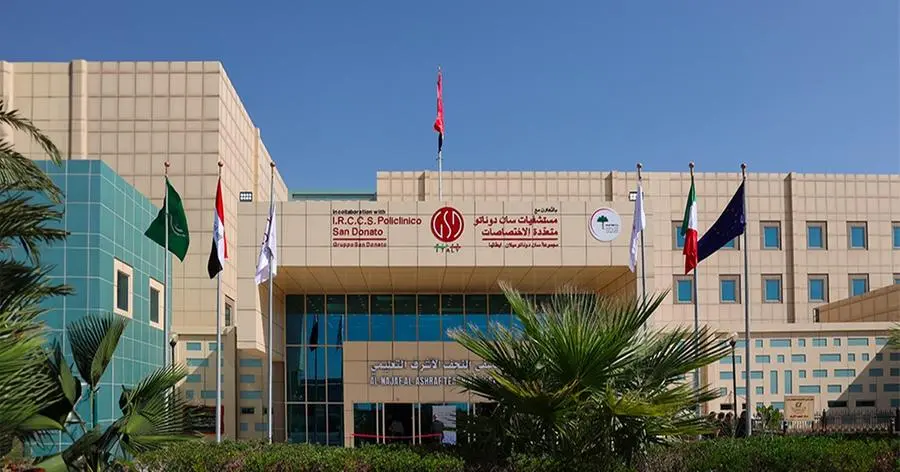

“We are proud of the direct involvement of our doctors and nurses, who will rotate throughout the contract period alongside their Iraqi colleagues for the latter’s continuing education,” said Ghribi.
Excerpts from the interview:
What were the primary challenges encountered during the execution of the government's mandate, and how were they overcome?
The challenges were diverse and expected, given Iraq's ongoing efforts to rebuild its infrastructure and strengthen institutional quality, particularly in healthcare. These challenges ranged from restoring infrastructure, extensive overhaul of the facility and implementing efficient operational processes to selecting qualified personnel, and adoption of international management standards to deliver impeccable service and quality healthcare. However, through the joint efforts of GSD and GKSD, who brought advanced technical expertise, a clear strategic vision and effective coordination among all those involved, these improvements were implemented.
What role did GKSD Engineering & Construction play in the hospital’s reconstruction?
GKSD Engineering & Construction played a crucial role in upgrading the hospital's infrastructure, enhancing the fire safety system, renovating all plant engineering, and remodeling entire in-patient wards to provide a high-quality environment for all visitors and patients. These interventions have created a safer and more technologically advanced hospital, improving the quality of services offered and significantly enhancing comfort for patients, medical staff, and family members.
Now that the hospital is fully operational, do you believe the procurement model used by the Iraqi government for this project can be replicated for future initiatives?
The Iraqi government adopted a public-private partnership (PPP) model that allowed close collaboration with international partners such as GSD and GKSD. This approach proved effective and could be replicated in future projects to attract foreign investment and know-how. The government's choice was unprecedented; it challenged itself to improve the country's health care delivery, an initiative that few other governments can commit to and one that demonstrates a desire for change and improvement. Our investments are and will be significant in terms of both financial and human resources.
How does the success of this project pave the way for future collaborations between Iraq and international partners like GSD?
The project's success demonstrates Iraq's ability to collaborate with high-level international partners and adhere to international standards, setting a positive precedent for future collaborations in various fields, not just health. The project has paved the way for advanced technical and operational protocols becoming available in Iraq, which will result in a significant upgrade of the quality of healthcare offered in the country.
What are your future plans for Iraq?
GSD is interested in participating in other redevelopment projects in Iraq, focusing on facilities needing significant improvement. Our next challenge will be in Basra, a project that will begin by the end of 2024. The goal is to contribute to developing a modern and accessible health system that is in line with the needs of the population and in cooperation with the local government. GKSD and GSD view Iraq as a vital economy, and the Group continues to explore opportunities in the country in other sectors, including environmental technologies, infrastructure, besides healthcare.
(Editor’s note: In May 2024, GSD signed an agreement with the Iraqi health ministry to operate and manage the 429-bed Sayyab Teaching Hospital in Basra for two years with an option for extension. In a statement posted on its website, GKSD Investment Holding said the second contract (after Najaf) increases GSD’s beds under management in Iraq to almost 1,000 beds and turnover to more than $160 million).
(Reporting by Anoop Menon; Editing by SA Kader)
Subscribe to our Projects' PULSE newsletter that brings you trustworthy news, updates and insights on project activities, developments, and partnerships across sectors in the Middle East and Africa.
